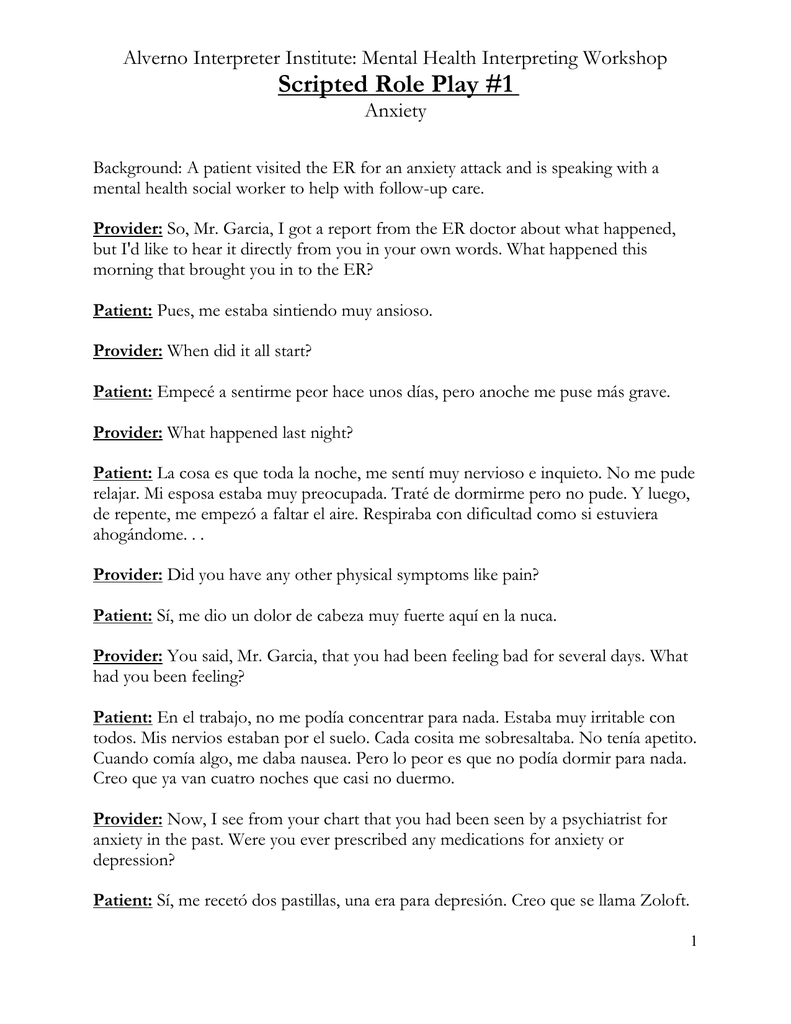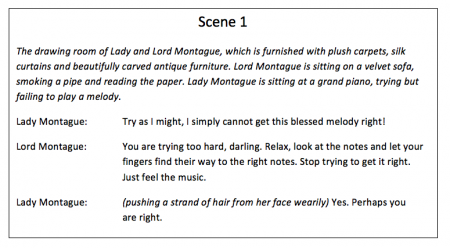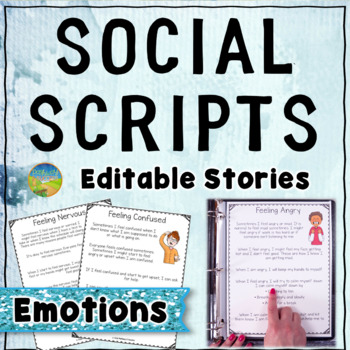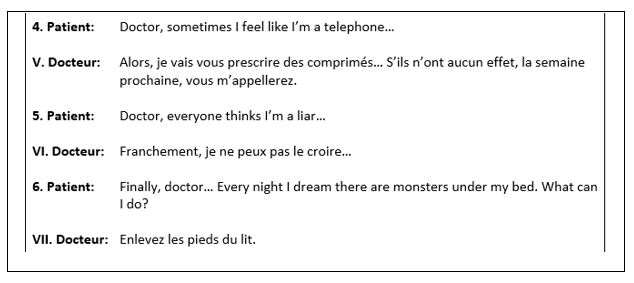
’ Over the course of the grant cycle, multiple faculty development opportunities (events, workshops, courses, and resources) were designed to introduce faculty and the wider community to these techniques, and implement them within their teaching. Two of these narrative techniques included ‘ Role Playing Activities ’ and ‘ Simple Simulations. Academic Technologies identified six narrative techniques and ‘recipes’ that were readily available to translate to hybrid and online courses, and leverage within faculty development events. Narrative Techniques Study - Academic Technologiesĭuring 2015 - 2018, Academic Technologies in partnership with the Office of the Provost was awarded a grant from the Knight Foundation, to explore and evaluate the effectiveness of using narrative techniques to “humanize” online and technology-enhanced courses. & Gerber, K (2021) A comparison of learning outcomes from two poverty simulation experiences.

2019 Serious Games - Bronze award in the board game division.



A weekly calendar mat lists out a player’s daily tasks, and throughout the game, players can track crucial goals they may have missed such as going to school, work, or completing a health check.ĭwell includes steps toward dialogue, debriefing, and reflection throughout gameplay. Each player must move through Dwelville depicted on the gameboard over a four-week span while trying to negotiate conditions such as living arrangements, healthcare, transportation, childcare, and work schedules. Participants can play one of five unique characters that reside in, “Dwellville,” each having specific limitations on resources, possessions, and finances. “Dwell™ was developed by an interdisciplinary team led by faculty at the University of Miami’s School of Communication and School of Nursing and Health Studies as an engaging tabletop simulation game to teach about poverty’s impact on one’s choices, health, livelihood, communities, and families.” (Excerpt from ) Investigators: Lien Tran, Jill Sanko, Deborah Salani, Yui Matsuda.“Dwell: An Interactive Tabletop Simulation Game Teaching How Poverty Impacts Health and Healthcare Access” funded by Center for Communication, Culture, and Change ( 4C), University of Miami, June 2017 – December 2018, $5,000.


 0 kommentar(er)
0 kommentar(er)
